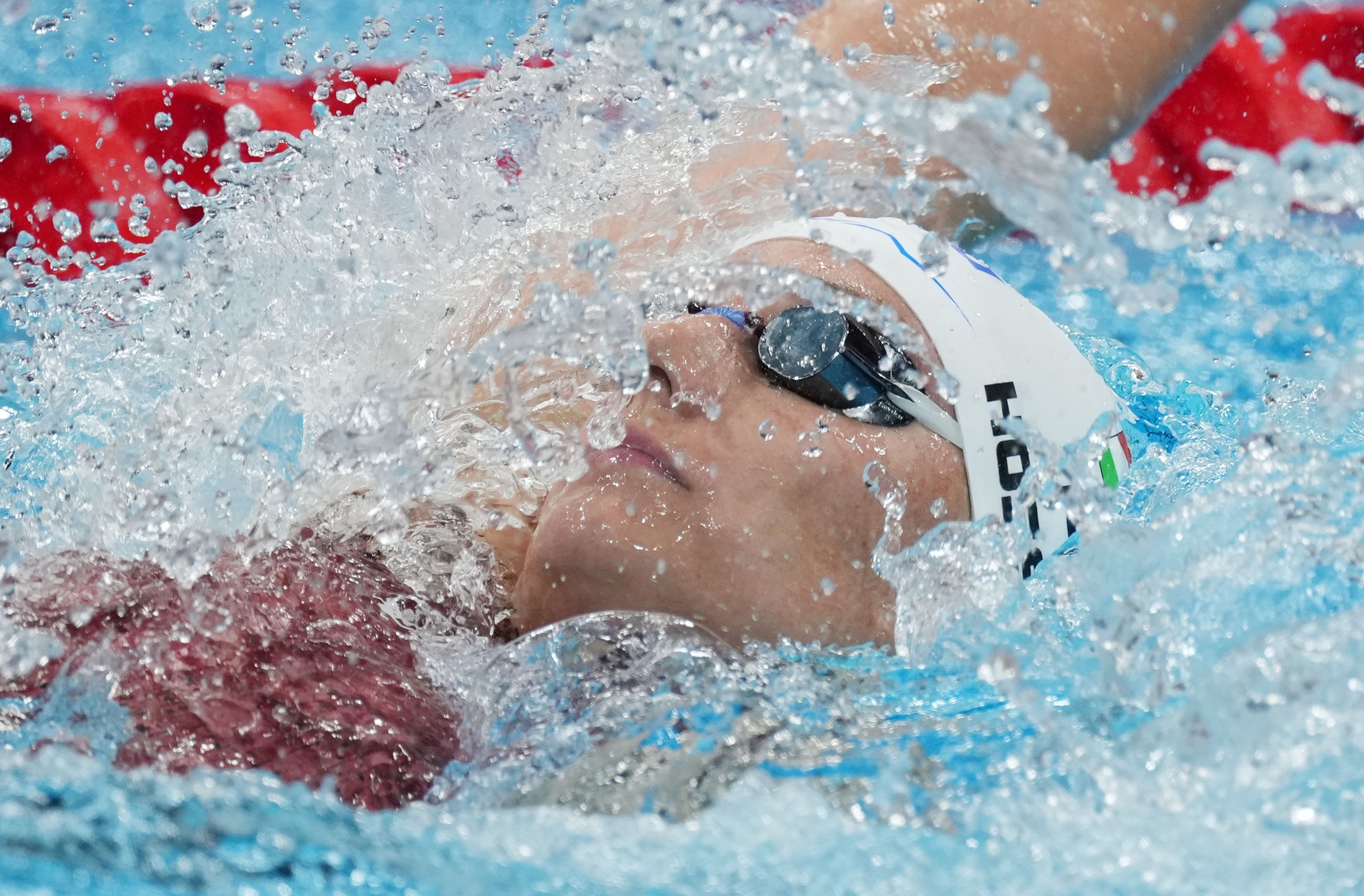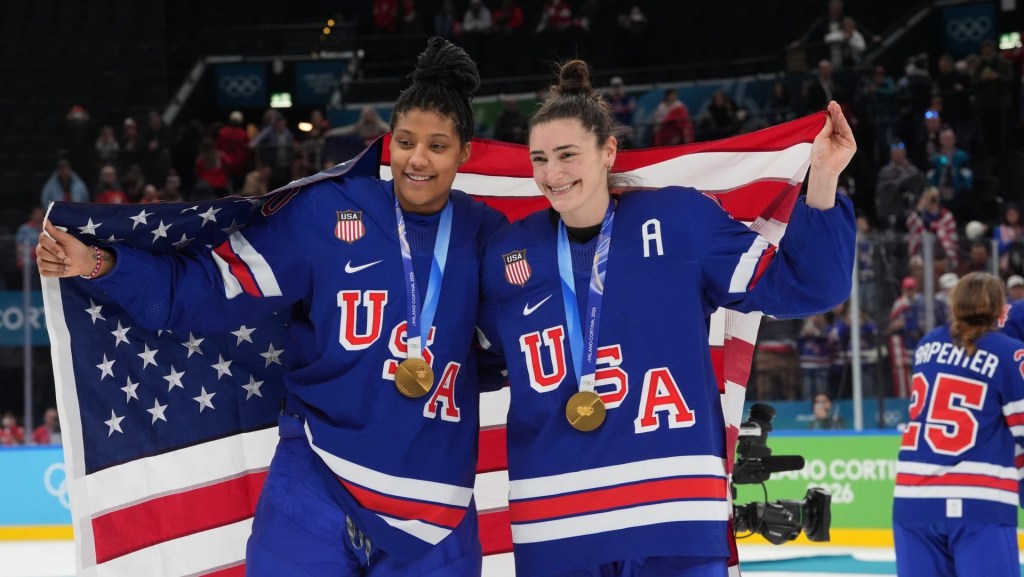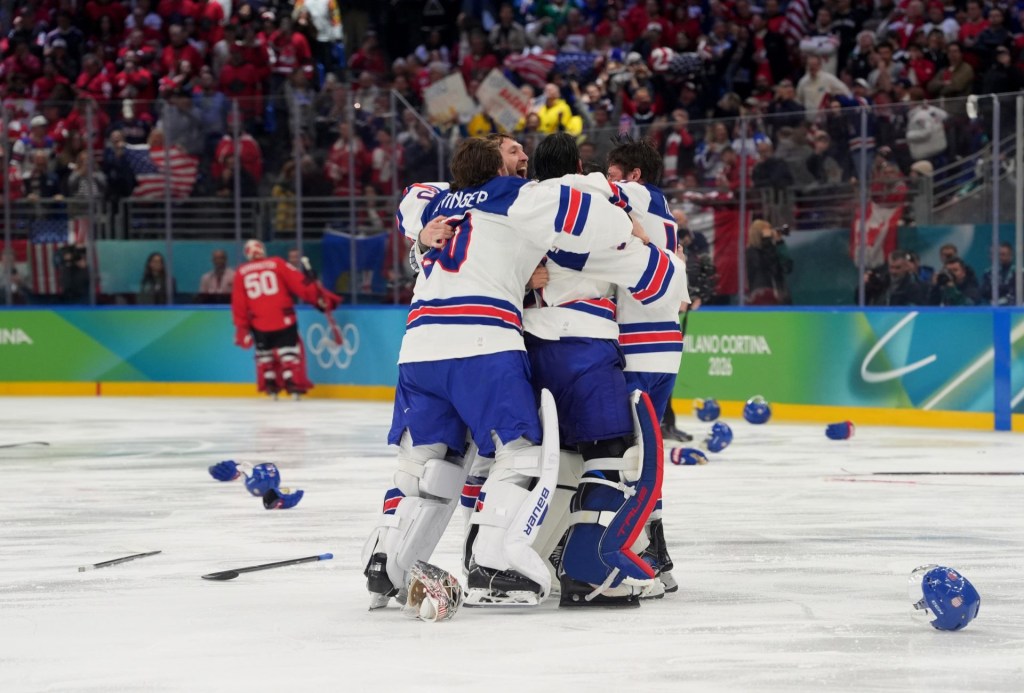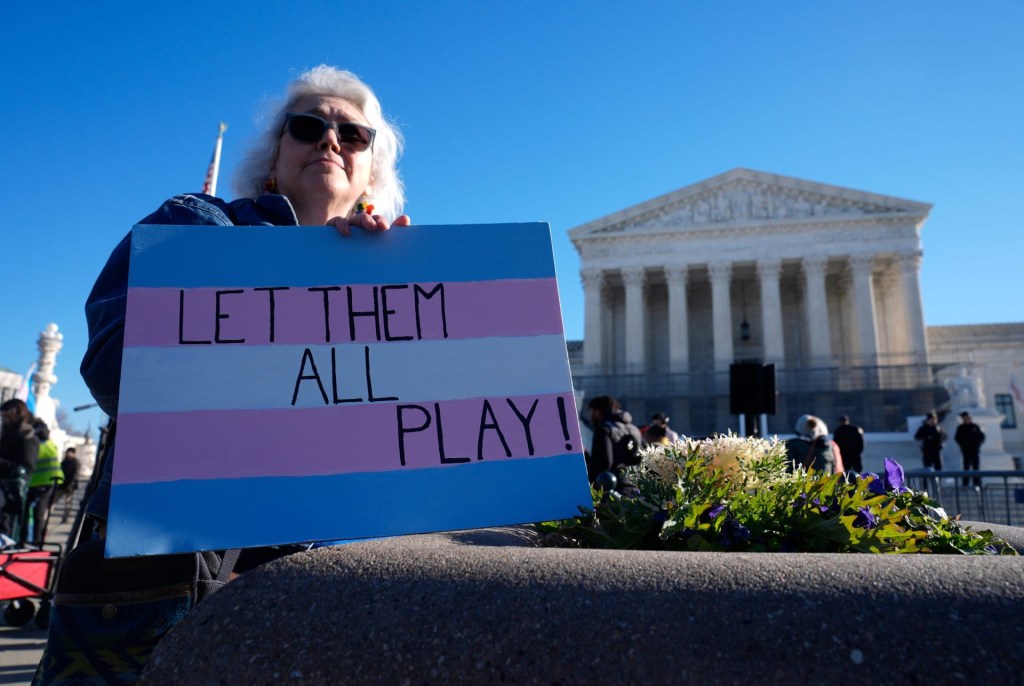World Aquatics announced a $4.6 million settlement to pay back swimmers that competed for an independent league it had previously tried to block.
On Monday, the global governing body announced the settlement in the class action lawsuit with swimmers competing in the International Swimming League. Athletes who signed contracts to compete in ISL events in 2018 and 2019 will qualify for the money.
Pro swimmers Thomas Shields and Michael Andrew from the U.S. and Katinka Hosszú from Hungary filed the antitrust case in federal court in Northern California in December 2018 against World Aquatics, then known as Fédération Internationale de Natation. They claimed the federation had unlawfully restricted competition in the market of top-tier swimming by threatening to revoke their eligibility for competitions like the world championships if they competed in ISL events. The athletes have been finalizing settlement details since earlier this summer, and the agreement still awaits court approval.
The swimmers were represented in the case by Jeffrey Kessler, the sports antitrust lawyer who led negotiations for the House v. NCAA settlement approved in June.
“This settlement is a win for professional swimmers and the sport,” Kessler said in a statement to Front Office Sports. “We are pleased with this settlement and the groundbreaking relief for swimmers. Thanks to the perseverance of Thomas Shields and Katinka Hosszú, and to the new leadership of World Aquatics, swimmers will now have the ability to compete in future events without fear of penalty and hundreds of swimmers who contracted with ISL in 2018 and 2019 are eligible to receive compensation.”
FINA opposed the ISL from its 2017 inception. The federation said swimmers could not have any kind of relationship with the new league and threatened to ban athletes who did from its competitions, including Olympic qualifiers. The class action claimed FINA shut down ISL events including the canceled inaugural meet in Turin by pressuring governing bodies and swimmers, and the federation said it would drop its opposition if the ISL gave $50 million and control over much of the league. “FINA accordingly leveraged its overwhelming and absolute power to impose, through its control over the Olympics, a group boycott of the Turin Event,” the 2018 filing said.
The ISL had three seasons from 2019 to 2021. However, the league was primarily backed by founder and Ukrainian businessman Konstantin Grigorishin, and his financial commitments have been halted following the Russian invasion of Ukraine. In January, the Ukrainian government hit Grigorishin with a set of personal sanctions that froze his assets.
Without money from Grigorishin, the ISL initially postponed its 2022 season, and it has still not made a return.
“This lawsuit dates back to the previous management of FINA, and, regrettably, it has dragged on for so many years,” World Aquatics president Husain Al Musallam said in a statement. “However, I am pleased that we are finally able to step in and provide this significant sum of money for the swimmers, many of whom were badly let down.”
FINA became World Aquatics in December 2022. Al Musallam, who swam for the Kuwaiti national team, has served as president since 2021.
The ISL is also suing World Aquatics in the Northern District of California, and that case is still ongoing. A trial is scheduled for January.
World Aquatics also faces antitrust claims from the Enhanced Games, a new organizer that seeks to allow athletes to use performance-enhancing drugs. The global governing body has said any individuals who “support, endorse, or participate” in the Enhanced Games will be banned from World Aquatics events. The Enhanced Games filed a suit last month against World Aquatics, USA Swimming, and the World Anti-Doping Agency with similar claims of an illegal boycott. Antitrust lawyers told FOS the lengthy complaint presents a “viable antitrust theory.”





![[Subscription Customers Only] Jul 13, 2025; East Rutherford, New Jersey, USA; Chelsea FC midfielder Cole Palmer (10) celebrates winning the final of the 2025 FIFA Club World Cup at MetLife Stadium](https://frontofficesports.com/wp-content/uploads/2026/02/USATSI_26636703-scaled-e1770932227605.jpg?quality=100&w=1024)











